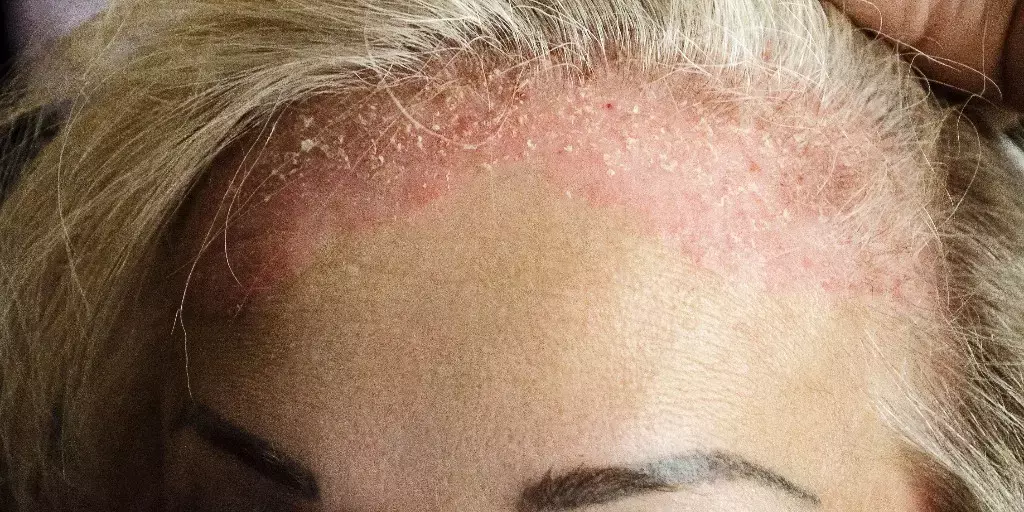- Home
- Medical news & Guidelines
- Anesthesiology
- Cardiology and CTVS
- Critical Care
- Dentistry
- Dermatology
- Diabetes and Endocrinology
- ENT
- Gastroenterology
- Medicine
- Nephrology
- Neurology
- Obstretics-Gynaecology
- Oncology
- Ophthalmology
- Orthopaedics
- Pediatrics-Neonatology
- Psychiatry
- Pulmonology
- Radiology
- Surgery
- Urology
- Laboratory Medicine
- Diet
- Nursing
- Paramedical
- Physiotherapy
- Health news
- Fact Check
- Bone Health Fact Check
- Brain Health Fact Check
- Cancer Related Fact Check
- Child Care Fact Check
- Dental and oral health fact check
- Diabetes and metabolic health fact check
- Diet and Nutrition Fact Check
- Eye and ENT Care Fact Check
- Fitness fact check
- Gut health fact check
- Heart health fact check
- Kidney health fact check
- Medical education fact check
- Men's health fact check
- Respiratory fact check
- Skin and hair care fact check
- Vaccine and Immunization fact check
- Women's health fact check
- AYUSH
- State News
- Andaman and Nicobar Islands
- Andhra Pradesh
- Arunachal Pradesh
- Assam
- Bihar
- Chandigarh
- Chattisgarh
- Dadra and Nagar Haveli
- Daman and Diu
- Delhi
- Goa
- Gujarat
- Haryana
- Himachal Pradesh
- Jammu & Kashmir
- Jharkhand
- Karnataka
- Kerala
- Ladakh
- Lakshadweep
- Madhya Pradesh
- Maharashtra
- Manipur
- Meghalaya
- Mizoram
- Nagaland
- Odisha
- Puducherry
- Punjab
- Rajasthan
- Sikkim
- Tamil Nadu
- Telangana
- Tripura
- Uttar Pradesh
- Uttrakhand
- West Bengal
- Medical Education
- Industry
Deucravacitinib safer and more effective than apremilast for treating moderate to severe scalp psoriasis

Deucravacitinib is safer and more effective than apremilast for the treatment of moderate to severe scalp psoriasis suggests a new study published in the Journal of the American Academy of Dermatology.
A study was done to evaluate the efficacy and safety of deucravacitinib (DEUC) in scalp psoriasis. POETYK PSO-1 and PSO-2 were global phase 3, 52-week, double-blinded trials in adults with moderate to severe psoriasis. Patients were randomized 1:2:1 to oral placebo, deucravacitinib ( 6 mg once daily, or apremilast 30 mg twice daily. This pooled secondary analysis evaluated scalp-specific Physician Global Assessment score of 0 or 1 (0/1), ≥90% improvement from baseline in Psoriasis Scalp Severity Index, and change from baseline in Psoriasis Scalp Severity Index. Adverse events were evaluated through week 16.
Results
Overall, 1084 patients with moderate to severe scalp psoriasis at baseline were included. At week 16, response rates were greater with deucravacitinib ( versus placebo or apremilast for scalp-specific Physician Global Assessment 0/1 (64.0% vs 17.3% vs 37.7%; P < .0001), ≥90% improvement from baseline in Psoriasis Scalp Severity Index (50.6% vs 10.5% vs 26.1%; P < .0001), and change from baseline in Psoriasis Scalp Severity Index. Responses were maintained through 52 weeks with continuous deucravacitinib (. Safety was consistent with the entire study population. Deucravacitinib ( was significantly more efficacious than placebo or apremilast in improving moderate to severe scalp psoriasis and was well tolerated.
Reference:
Andrew Blauvelt, Phoebe Rich,Howard Sofen, Bruce Strober, Joseph F. Merola, MD, MMSc
Mark Lebwohl, Akimichi Morita, Jacek C. Szepietowski, Jo Lambert, Lauren Hippeli, Elizabeth Colston, Eugene Balagula,Subhashis Banerjee, Diamant Thaçi. Deucravacitinib, a selective, allosteric tyrosine kinase 2 inhibitor, in scalp psoriasis: A subset analysis of two phase 3 randomized trials in plaque psoriasis. Journal of the American Academy of Dermatology. Open AccessPublished:December 18, 2023DOI:https://doi.org/10.1016/j.jaad.2023.11.060
Keywords:
Deucravacitinib, apremilast, scalp psoriasis, Journal of the American Academy of Dermatology, Apremilast, clinical trial, deucravacitinib, psoriasis, scalp psoriasis, TYK2, tyrosine kinase 2
Dr. Shravani Dali has completed her BDS from Pravara institute of medical sciences, loni. Following which she extensively worked in the healthcare sector for 2+ years. She has been actively involved in writing blogs in field of health and wellness. Currently she is pursuing her Masters of public health-health administration from Tata institute of social sciences. She can be contacted at editorial@medicaldialogues.in.
Dr Kamal Kant Kohli-MBBS, DTCD- a chest specialist with more than 30 years of practice and a flair for writing clinical articles, Dr Kamal Kant Kohli joined Medical Dialogues as a Chief Editor of Medical News. Besides writing articles, as an editor, he proofreads and verifies all the medical content published on Medical Dialogues including those coming from journals, studies,medical conferences,guidelines etc. Email: drkohli@medicaldialogues.in. Contact no. 011-43720751


